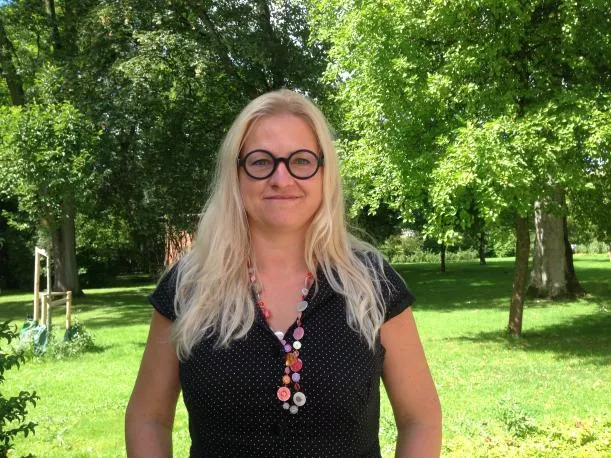– I wanted to pursue research that took a different approach to sustainability, gender, power and agriculture. Usually, you look at things like ownership and access to land. By focusing on immaterial values such as love, I believe that you can gain new insights into existing power structures, and how they are impacting on sustainable transformations in Zimbabwe.
Why did you decide to use love as starting point?
Love is central for almost everyone, in one form or other. If you use love as a focus point it leads on to other questions that can reveal interesting results: what are you willing to do for love, and what do you put up with?
Even in the countries such as Sweden, which prides itself on being very equal, there is often inequality amongst couples in what they do for love and expect the other one to do for them. This suggest that love and emotions play a big part in how we structure our way of life, both on a material and immaterial level.
Yet, love between spouses might play a smaller part, than say love of nature, and love of family, in agrarian societies in Zimbabwe.
The project will be an arena for exploring the importance and significance of different types of love in the context of sustainable agriculture.
How will you conduct the research?
I will conduct focus groups with women and men to discuss how they see love, and explore links to sustainability as well as literature reviews and interviews with different stakeholders such as women and men farmers, old and young people, and people who have gone an extra mile to live with the person they love. I will work together with researchers from Zimbabwe and local NGO:s.
What is the connection to sustainability and the SDG:s?
Equality is the basis for sustainable development, and an important factor in leading change. By discussing love and concepts of love, you also highlight issues of equality and equal access to opportunities, and how immaterial values play a big role in power relations and land use.
If women and men become more equal and share access to land and resources, then it is more likely that the agricultural sector will develop and prosper.
The research will hopefully shine another lens on land use, agricultural practices and how men and women see land and themselves in relation to land.
Specifically, I see the project addressing the SDG:s of zero hunger, life on land, gender equality, reduced inequalities and no poverty.

